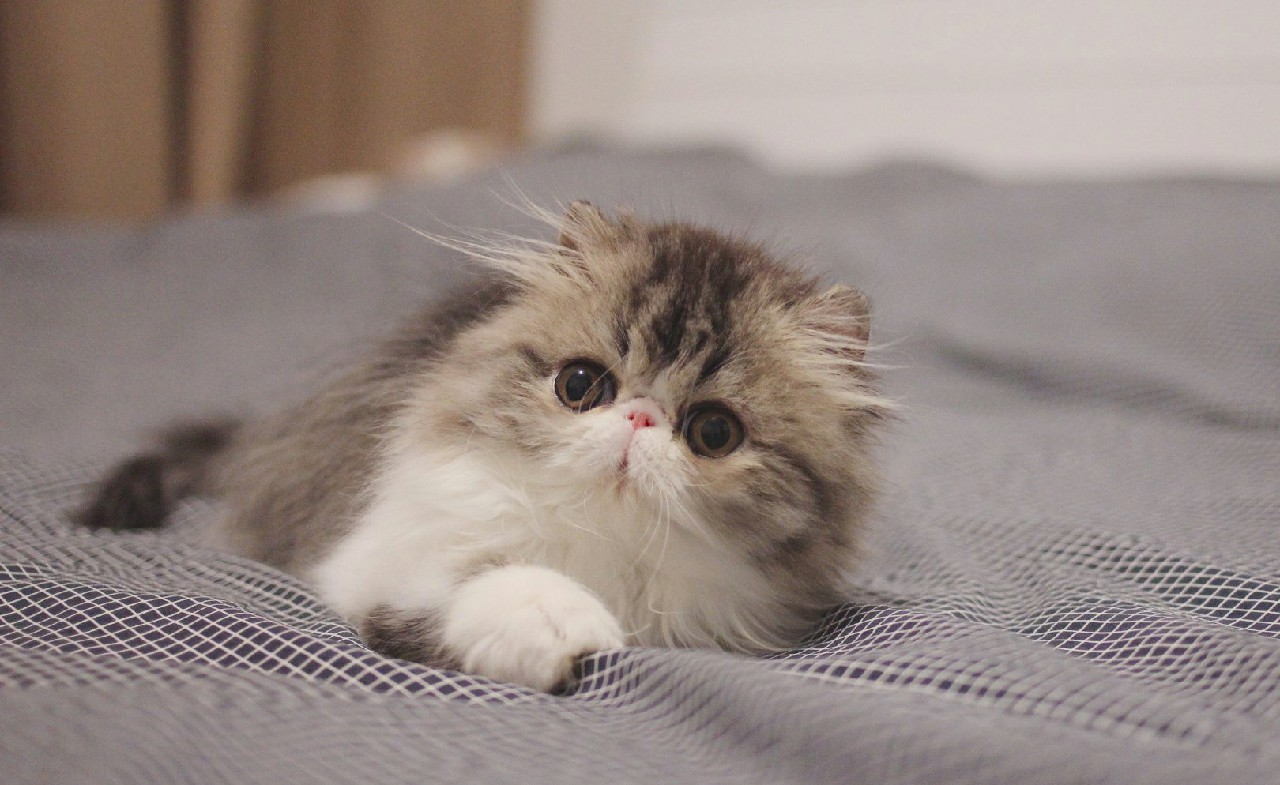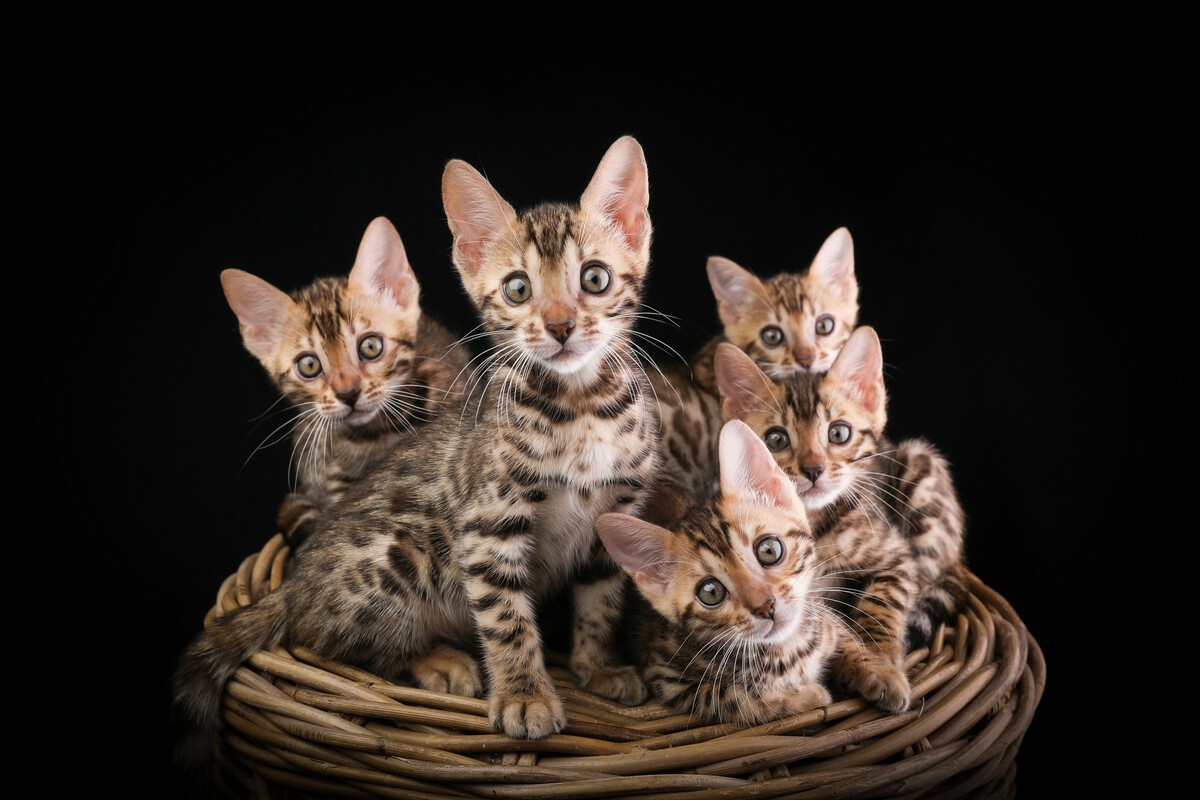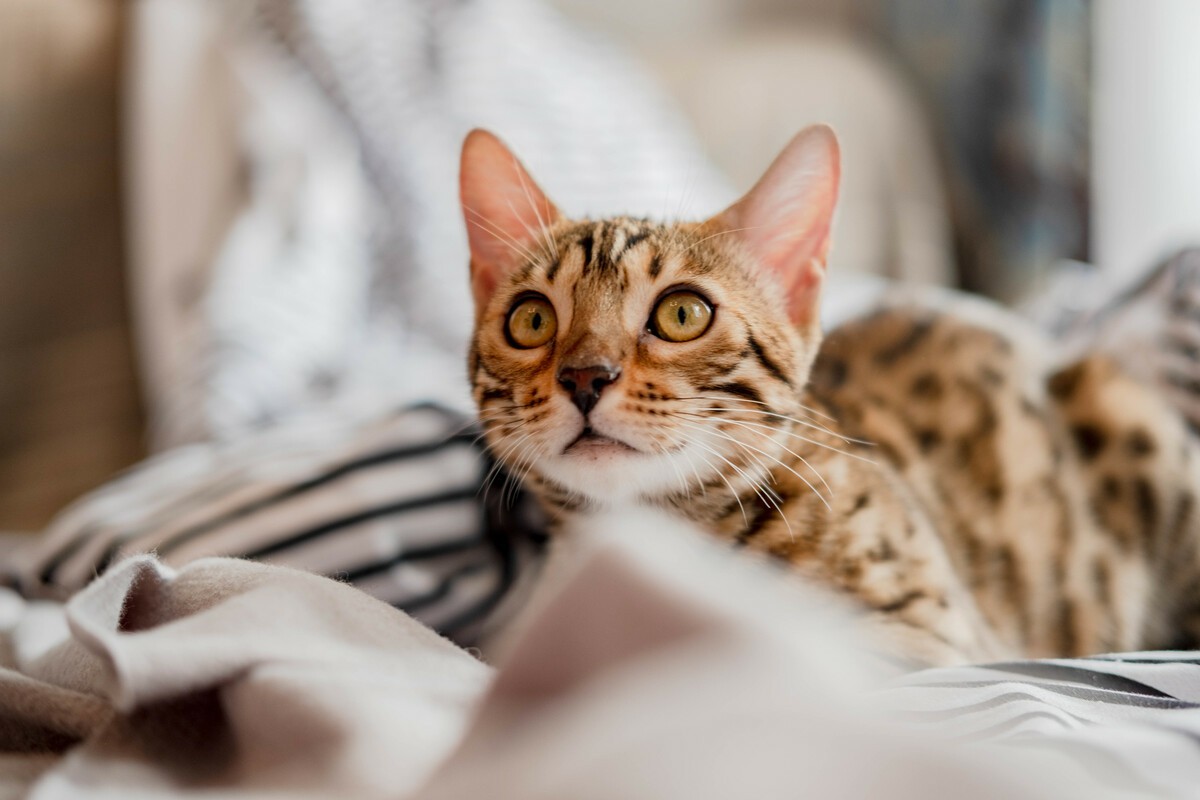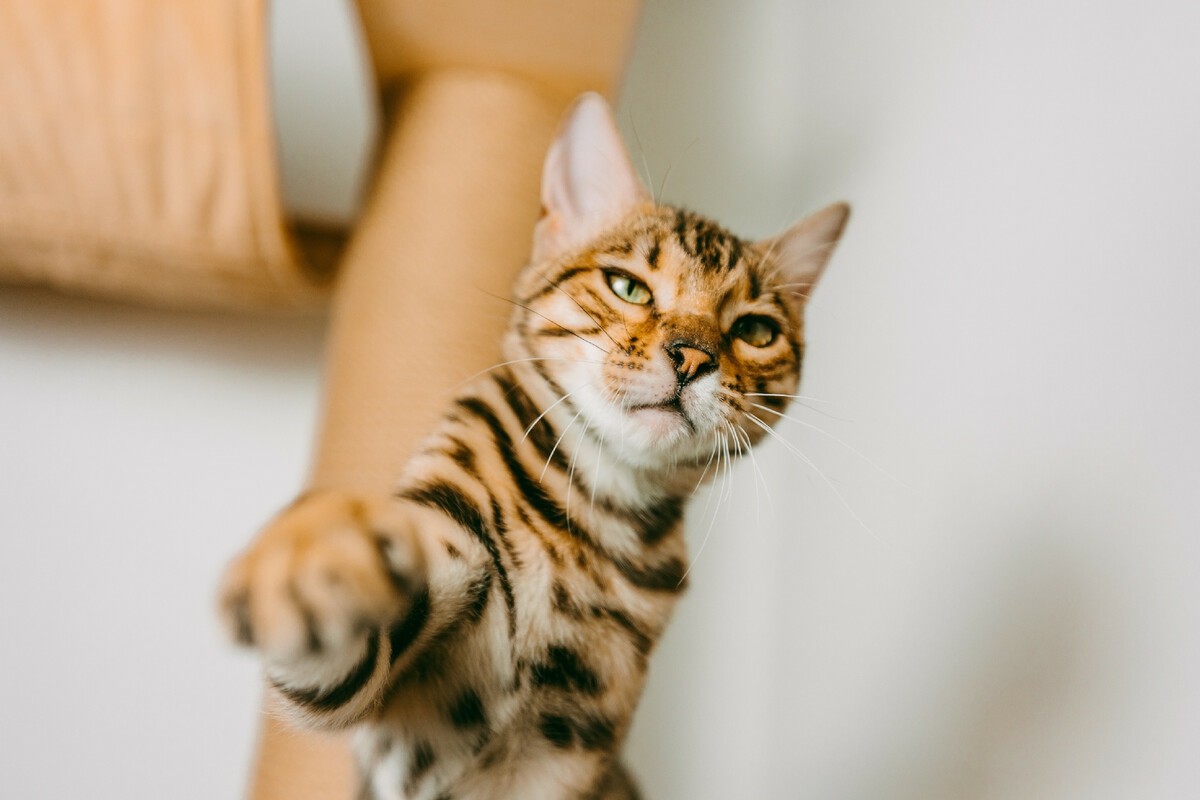Do you know the foods not to give Persian cats? If you don’t then stop feeding your Persian cat without knowing how certain foods can affect them. You may be tempted to give your Persian cat table scraps and special treats. But a little reward from the table can hurt your Persian cat a lot. Many human foods can be dangerous to your Persian cat’s health and at the same time deprive them of the essential nutrients they can get from good premium cat foods. These extra foods and treats can zap their appetites for their regular meals also. A sliver of chicken, or turkey won’t kill your Persian, but you will be helping them develop bad habits.
There are some common foods and ingredients which you need to look out for so that your Persian cat does not lay their paws on them. Foods like dairy, onions, garlic, raw eggs, raw meats, chocolate, alcohol, can be extremely toxic to your Persian.
Some foods when fed in smaller quantities may not cause a problem but larger quantities may require the immediate attention of a vet. Here we have put together a list of 20 foods that can be dangerous and even potentially fatal for your Persian cat. So, before you feed your Persian cat something other than the cat food, check this list once to make sure it is safe for your Persian.
Foods Not To Give Your Persian Cat
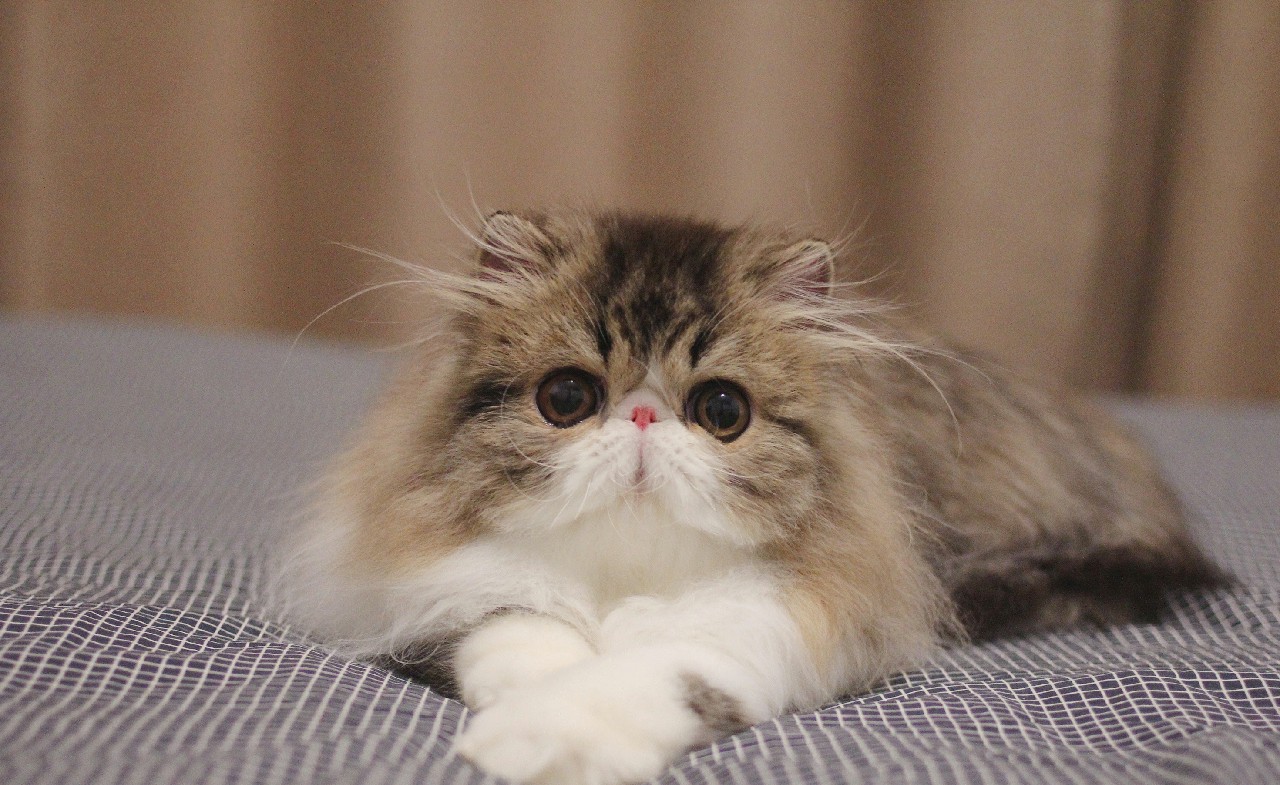
Most of the cats are known to be picky eaters which make us assume that they know what is best for them. But that is not true. Indeed, your Persian won’t eat people’s food gluttonously as a dog however that does not mean your Persian will never partake some human food. There are some common foods your Persian cat should never eat which can make their stomachs whirl. The following foods should be best kept away from your Persian cats entirely:
1.Chocolate
Chocolate can be poisonous for your Persian cat. Chocolate consists of substances called methylxanthines which can cause symptoms like high body temperature, vomiting and diarrhea, increased thirst, seizures, and abdominal discomfort. Darker chocolates can be more fatal than the milk and white chocolates.
2.Alcohol
Alcoholic beverages can be very dangerous for your Persian. Their ingestion can cause tremors, vomiting and diarrhea, trouble in breathing, and even death. Any beverage containing alcohol like beer, wine, liquor, or even foods containing alcohol is not good for your Persian. Just a few licks of alcohol can cause bigger problems in your Persian.
3.Milk And Dairy Products
Your Persian cat may enjoy having milk and other dairy products like cheese but it isn’t good for them. Most cats are lactose-intolerant and Persian cats are one of them. Cats cannot digest the lactose in the milk which can lead to an upset stomach and other digestive issues. All the kittens have lactose from their mother’s milk for a few weeks after birth and their digestive system is most often not capable of handling lactose again and finds it difficult to process dairy products also.
4.Raw Meats
Just because cats in the wild eat raw meat does not mean your domesticated Persian cat can also be given raw meat. Uncooked meat is not safe for your Persian and can make your Persian ill. Raw meat is more likely to contain harmful bacterias like Salmonella and E.coli and even tapeworms which can cause many life-threatening diseases in your Persian.
5.Sugary Products
Sugary products do not give any nutritional benefit to your Persian cat. Certain sweeteners like xylitol found in candies and other sweetened foods and can cause your Persian’s blood sugar to drop and also lead to liver failure.
6.Fish
Persian cats can get hooked to fish especially tuna. A little bit of tuna won’t hurt but too much tuna prepared for humans can cause malnutrition in your Persian. Besides, too much tuna can lead to mercury poisoning also.
7.Gluten
Cats develop intolerances and allergies to gluten in many cat foods. Intolerance to gluten can cause diarrhea and vomiting.
8.Onions And Garlic
Onions and garlic can cause anemia in your Persian cat by damaging their red blood cells. These foods whether they are consumed in large quantities or in concentrated forms like garlic powder or onion soup mix are toxic.
9.Grapes And Raisins
A small amount of grapes and raisins is enough for your Persian cat to develop kidney failure and make your Persian ill. Some of the early symptoms are incessant vomiting and hyperactivity. Other symptoms that can show up within 24 hours of ingestion include abdominal pain, diarrhea, decreased urination, and reduced appetite.
10.Raw Eggs
Raw eggs can cause food poisoning in cats as they contain harmful bacterias such as Salmonella and E.coli. The other reason is that raw egg whites contain a protein called avidin which could interfere with the absorption of vitamin B. As a result, this can lead to skin problems in your Persian cat.
11.Coffee Or Tea
Caffeinated drinks like coffee and tea can cause tremors, troubled breathing, increase heart rate, seizures, and hyperactivity in cats.
12.Mushrooms
Mushrooms contain a number of toxins and can cause symptoms like drooling, vomiting, diarrhea, and liver damage in your Persian cat. A small amount of mushrooms won’t harm your Persian but certain varieties of mushrooms are extremely toxic and therefore it is better to be safe than sorry.
13.Human Medicines
Consumption of human medicines is the most common cause of poisoning in cats. Any over the counter medicines should not be given to your Persian cat unless recommended by your vet. Some common pain relievers and cold medicines can be fatal for your Persian.
14.Avocados
Avocadoes are extremely rich in fibers, monosaturated fats, vitamins, and minerals but because of their high-fat content, you should be careful about how much you feed them to your Persian cat. Avoid feeding the peels also as they may contain toxins.
15.Nuts
Nuts are an incredible source of healthy fats, fiber, and protein but you should be careful when feeding them to your Persian cat. Macadamia nuts are dangerous for cats but other nuts like almonds, walnuts are not inherently poisonous.
16.Dog Food
Dog food is not dangerous for your Persian. But your Persian’s nutritional requirements are different than a dog. Cats need higher levels of vitamin A and protein. Whereas dogs can survive without these. Cat food should consist of taurine, arachidonic acid, vitamin A and lots of protein. Without enough taurine in their bodies, cats can develop a vision and dental issue and even heart diseases.
17.Baby Food
Baby food may contain meat seasoned with onion and garlic, and so shouldn’t be fed to your Persian.
18.Bones And Fat Trimmings
Fat trimmings and bones can both be bad for your Persian cat. Tidbits from your food whether cooked or uncooked contain fat trimmed from bones and meat and can cause an upset stomach along with vomiting. Your Persian cat could also choke on a bone and the splinters on them can injure your Persian’s digestive system.
19.Liver
The liver is a great source of iron, protein, and other nutrients your Persian needs for their overall health and wellbeing. But excess of vitamin A can be too much of a good thing. Feeding too much liver for long can cause a condition called hypervitaminosis A, in which there is an excessive buildup of vitamin A causing toxicity.
20.Yeast Dough
The yeast present in loaves of bread and pizza doughs can very quickly produce a sufficient amount of alcohol and carbon dioxide to cause problems for your Persian. Moreover, the dough can also rise inside your Persian’s tummy to a size that may sometimes need surgery to remove the digestive obstruction.
The Best Diet For Persian Cat
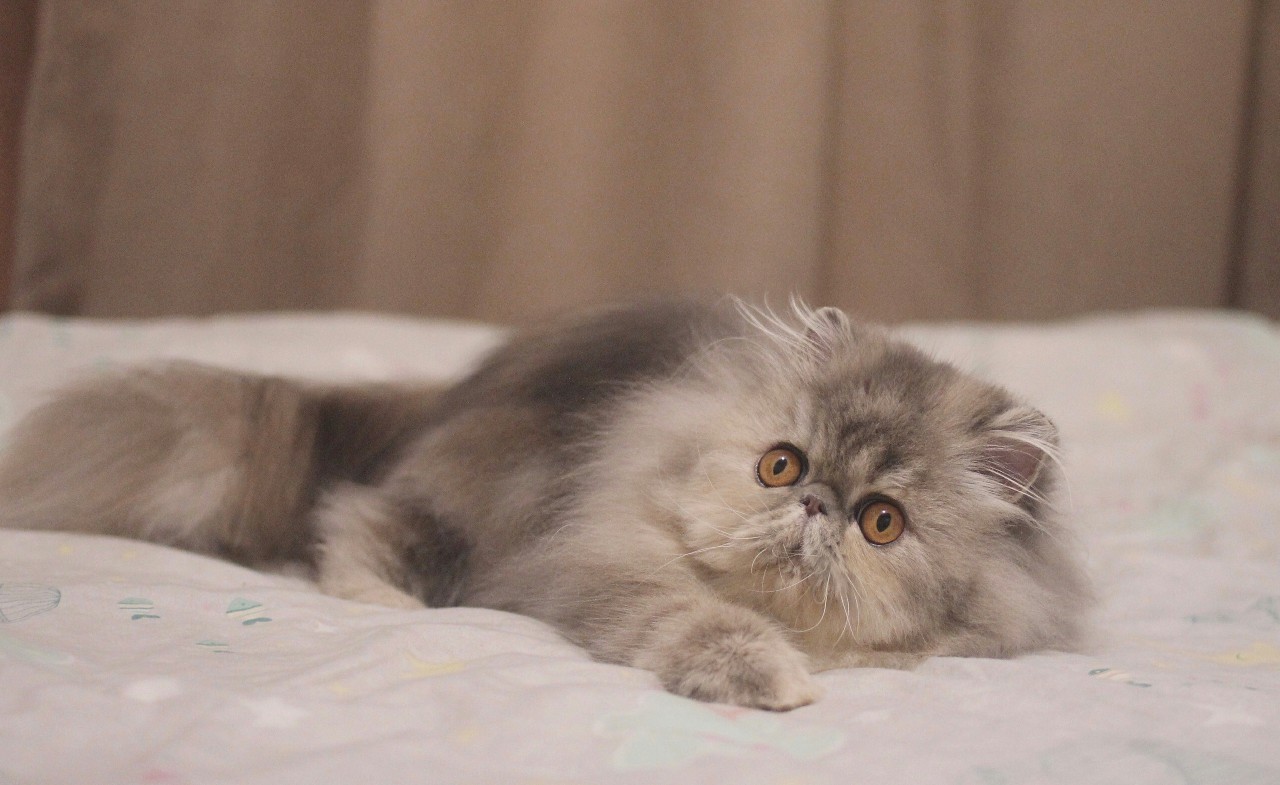
The best diet for a Persian cat includes good quality dry food, and an occasional mix of wet and dry maybe 2 to 3 times a week. The dry food should be devoid of grains, as they can cause obesity in your Persian.
It is a matter of preference whether you feed your Persian cat dry or wet food. Dry food can help your Persian use their teeth. Wet food is high in moisture and so can keep your Persian hydrated also. A mix of both wet and dry can give the right balance to your Persian.
Remember to feed your Persian cat the diet that meets their nutritional requirements as per their age. Foods high in moisture containing animal-based protein and low in carbohydrates can be great for your Persian cat. Feed your Persian real meat and not by-products. Persian cats naturally drink a lot of water and therefore should have access to freshwater all the time.
Your Persian cat’s diet should be nutritionally balanced and should consist of the following elements:
1.Protein
Proteins provide your Persian with amino acids required to build tissues. Animal protein gives a lot of essential amino acids to your Persian.
2.Fats
Fats can also provide your Persian cat with essential fatty acids to help keep their fur and skin shiny and healthy.
3.Carbohydrates
Carbohydrates give your Persian energy however a cat’s body is designed for a low-carbohydrate diet. your Persian’s body cannot produce the enzymes required to process a lot of carbohydrates.
4.Vitamins And Minerals
Your Persian needs vitamin A and vitamin B because their bodies cannot produce these vitamins on their own. Both vitamins and minerals are required to support many of the body’s normal chemical reactions.
5.Water
Water is essential for your Persian cat’s normal body functions and helps their bodies absorb important nutrients.
Why Is My Persian Cat Always Hungry?

A perpetually hungry cat can make you go nuts. A cat begging for food by meowing incessantly and climbing onto the kitchen counters can be frustrating. Persian cats are high energy cats and that is the primary reason behind their fast metabolism. If your Persian cat demands food all the time there may be other reasons such as intestinal worms, digestive problems, or insufficient diet.
1.Worms
your Persian may have worms because the worms take away all the nutrition from their food leaving your Persian cat hungry most of the time. So, if you suspect your Persian has worms take a fecal sample to your vet to have it tested.
2.Diabetes Or Hyperthyroidism
Both diseases can increase your Persian’s appetite exponentially. Hyperthyroidism spikes the appetite as your Persian’s metabolism burns too many calories. If your Persian has diabetes then their body cannot convert sugar to energy and the nutrition in their food is not able to get to their bodies. Other symptoms related to these conditions could be excessive thirst and loss of weight. A vet should be consulted as soon as possible.
3.Food Not Meeting Their Nutritional Needs
Feeding poor-quality cat food cannot satisfy your Persian cat’s hunger for nutrients. Felines bodies are made mainly for meat and not grains. Therefore ensure there is enough meat in their diet.
4.Regurgitation
Sometimes after having eaten their foods, cats vomit out the whole food without adequately chewing it. This is called regurgitation. Many medical problems can cause regurgitation in your Persian cat including problems with the esophageal tract or the throat. A thorough diagnosis can determine the problem.
5.Pregnancy
If your Persian cat is pregnant their demand for food will surge to make room for the kittens’ nutrition inside their wombs.
Conclusion
There are a number of “people foods” that your Persian cat shouldn’t eat at all. Sometimes only a nibble can be fatal to their health. Once in a while, you can give your Persian cat a treat from your plate. But it would be best to stick to high-quality cat food only and stop feeding anything else to protect your furry friend’s health!

